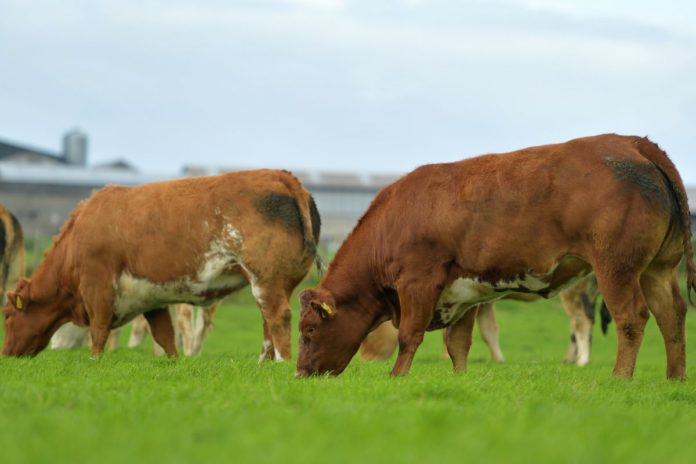Part-time Green Cert
Teagasc is running a series of QQI-accredited part-time Green Cert programmes for students aged 23 and over.
The state agency is delivering this particular programme over the course of 2-2.5 years through its network of twelve advisory regions and agricultural colleges.
Following the completion of this course in its entirety (both levels), learners will be awarded a Level 5 Certificate in Agriculture (5M20454) and Level 6 Specific Purpose in Farming (6S20487).
According to Teagasc, the course requires in the region of 190 hours direct contact, which includes classroom sessions and practical skills days.
While modules may differ, they can include, but are not limited to:
- Work practice (home farm);
- Beef production;
- Sheep production;
- Principles of agriculture;
- Farm safety and farm assurance;
- Soils and the environment;
- Farm business and technology;
- Safe use of pesticide products.
As part of the level 6 element, students may cover:
- Work practice (home farm);
- Farm performance measurement;
- Sustainable farming in the environment;
- Farm management and business planning;
- Applied livestock breeding and grassland management or crop production management.
However, students should note that due to insufficient credits, this programme does not lead to a full level 6 award, but it does meet the educational requirements for trained farmer status.
Level 6 Advanced Certificate in Agriculture
Meanwhile, the full-time Green Cert course at agricultural colleges leads to a full QQI Level 6 award.
Therefore, 6S20487 holders can progress to a Level 6 Advanced Certificate in Agriculture programme.
The state agency also suggests that students can apply for entry to linked courses at Its through the Higher Education Links Scheme.
Currently, there is no part-time option for the full level 6 programme, and the full-time course, in most cases, is 32 weeks in duration with a combination of practical work experience and in-classroom learning.
Students can complete an Advanced Certificate in Agriculture in the following areas:
- Drystock management;
- Mechanisation;
- Pig management;
- Poultry management;
- Crops and machinery management;
- Dairy herd management.
Upon completion of this, they can progress to agricultural-related degree programmes (level 7 and level 8 degrees). Depending on eligibility requirements and results, they may apply for advanced entry, which may reduce the course duration.
Consult your local Teagasc education officer or agricultural education provider for further details.
Distance Green Cert
The state agency also delivers a distance education programme, which along with the above, it has designed is “for older learners rather than school leavers”.
Teagasc has developed the Distance Green Cert to meet the requirements of graduates from other non-agricultural award programmes who are “interested in farming”.
The course extends over a minimum of 15-20 months, and to be eligible, applicants must hold a level 6 or higher major award in a non-agricultural discipline.
Furthermore, Teagasc says that students also must have “continuous” access to a commercial farm in the ROI.
This enables a learner to “develop” proficiency in farm tasks and complete farm-based assignment and projects.
They must have access to all farm details, including financial information on the nominated farm. Teagasc expects learners to spend time weekly on this farm and be involved in managing and operating the farm.
The course content for both the part-time and distance education options is the same, and graduates of this course can also pursue further agricultural-related courses.





